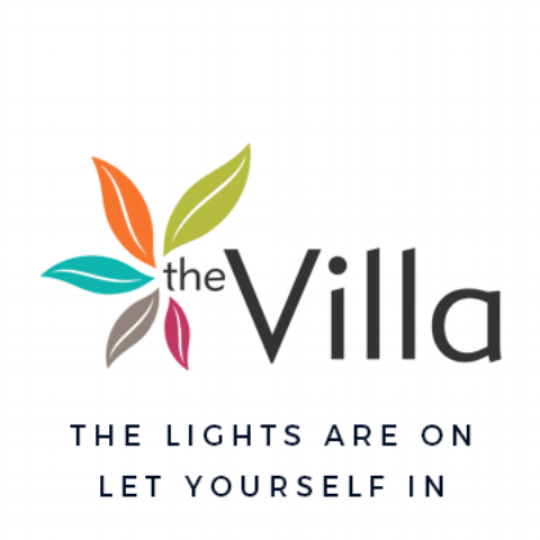Why I Photograph
I’m pretty sure that I have the greatest job in the world. By profession, I am a Clinical Social Worker, and I’m passionate about my work with people. I am also obsessed with photography, but, until recently, it has been mostly a hobby. Now, as a blogger, I get to combine my fascination of human behavior with my obsession for photography, and I couldn’t be more thrilled.
Merrilee knows this about me and recently sent me a YouTube video produced by Canon (disclaimer: I shoot Nikon, but also love Canon cameras). The video features six photographers independently shooting portraits of a man named Michael. I was instantly fascinated.
The video highlights a brilliant social experiment. Each of the six photographers was told a different story about Michael’s background prior to their photography session, not knowing that the goal was more than to merely shoot a portrait. The intent of the experiment was to essentially bring an awareness of how unconscious bias might affect the photographer’s compositional decisions in photographing this man. Take a look:
As it turns out, believing the “story” they were told did influence their composition.
Now, I’m quite sure that all of these photographers approach their work with openness and non-judgmental attitudes. I like to think that I do, too. I am so intensely interested in our species that I choose to work with people every day who are often in pain and feeling vulnerable. However, I would be naïve to not believe--or at least to consider--that I, too, most likely carry around some unconscious biases that inevitably affect how I view and operate in my world, and how I approach my clients’ stories.
The art of photography is endlessly fascinating to me. I especially love street photography, because people can be so captivating. I am always excited when I travel to new places, and as much as I enjoy wandering museums, attending plays or looking at beautiful landscapes, my favorite thing to do is to simply sit at street cafes and watch people, while imagining the stories of their lives.
I recently attended a street photography workshop in NYC in May, taught by the venerable Valerie Jardin. What I love most about street photography is that I get to capture interesting people in the real moments of their lives.
There is no posing, no fake smiles, no awkward body language. It’s just people living this moment at this time in their lives.
Maybe to others, it might seem a little weird and voyeuristic. But be honest: Who doesn’t like to peek into another person’s life, even if it is just for a moment? It’s human nature. It’s why we read biographies. It’s why we sometimes listen for sound bites of others’ conversations at the table next to us at the restaurant. What is going on in their lives that might be more interesting than ours?
Maybe we look at their photos and sometimes see ourselves.
For example, look at this photo I shot in NYC. What do you see?
I see a girl who looks pensive. Is she waiting for someone to pick her up? Has she not seen this person in a long time? Maybe she is anxious, or distracted, or had a fight with her boyfriend and is just taking a break outside of her apartment?
Now look at this photo, also shot in NYC.
For most of us, it could immediately evoke uncomfortable feelings. She looks distraught…traumatized…sad. Something is not right. What was really interesting for me was that five seconds before I shot this she had a neutral look on her face. Something happened in just a few seconds—a memory perhaps? A realization? Who knows?
Which is the point. Who knows? And maybe, we don’t need to know.
We do, I believe, need to be aware of our own unconscious biases so that we don’t pigeonhole or formulate inaccuracies about any human being.
That’s not fair to them or to us. Every living person has their own novel burned into their brains. We will never get to hear or read most of them. But we can respect that their story is valuable and worthy of our acceptance, as free as possible from bias and judgment. It’s a hefty goal, but one worth striving for. We’ll never get it down perfectly, but we can at least strive to be more aware. Then our biases won’t be unconscious. They will be conscious, and when we bring something that was unconscious to consciousness, we can then do something about it. We can challenge ourselves to change.
This is why I photograph.
Yes, it’s rewarding to make beautiful pictures and have people enjoy them. But, for me, my photography is much more than just a piece of artwork to hang on the wall. Nick Turpin, a British street photographer that I admire, writes:
“How many other forms of photography essentially have ‘wonder’ at their heart? Street photography helps me understand the nature of my society and my place in it. I do it more for myself than I do for an external audience…”
I would venture to say that, for me, all photography helps ME to understand the nature of my society and my place in it, too, but there is something profoundly fascinating about staring at a photo of a person I don’t even know, and wondering.
Carol Storey (FYI: I use my adopted name, Carolyn Storey, for my photographs. Carol is my given name. Long story…)


